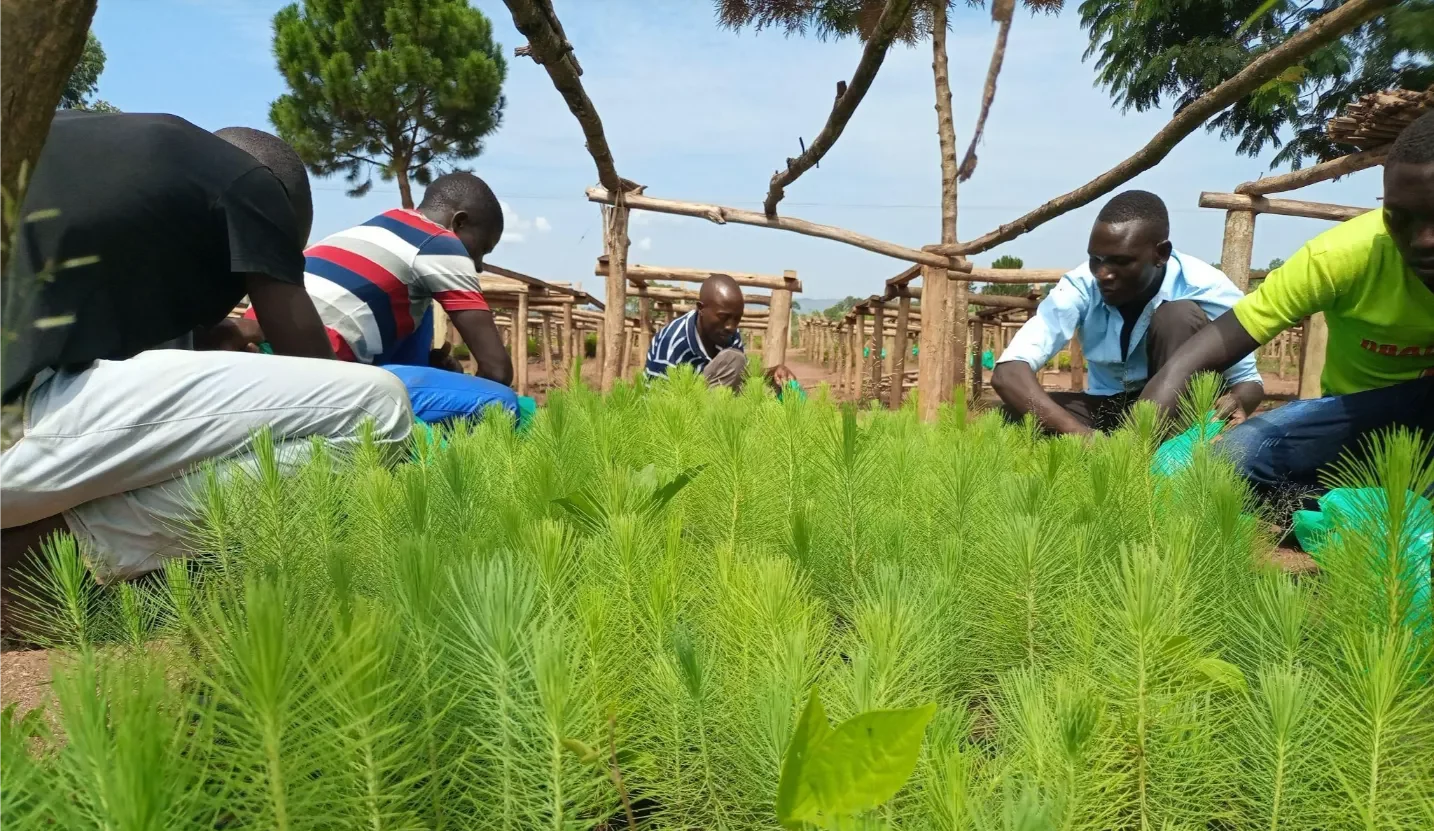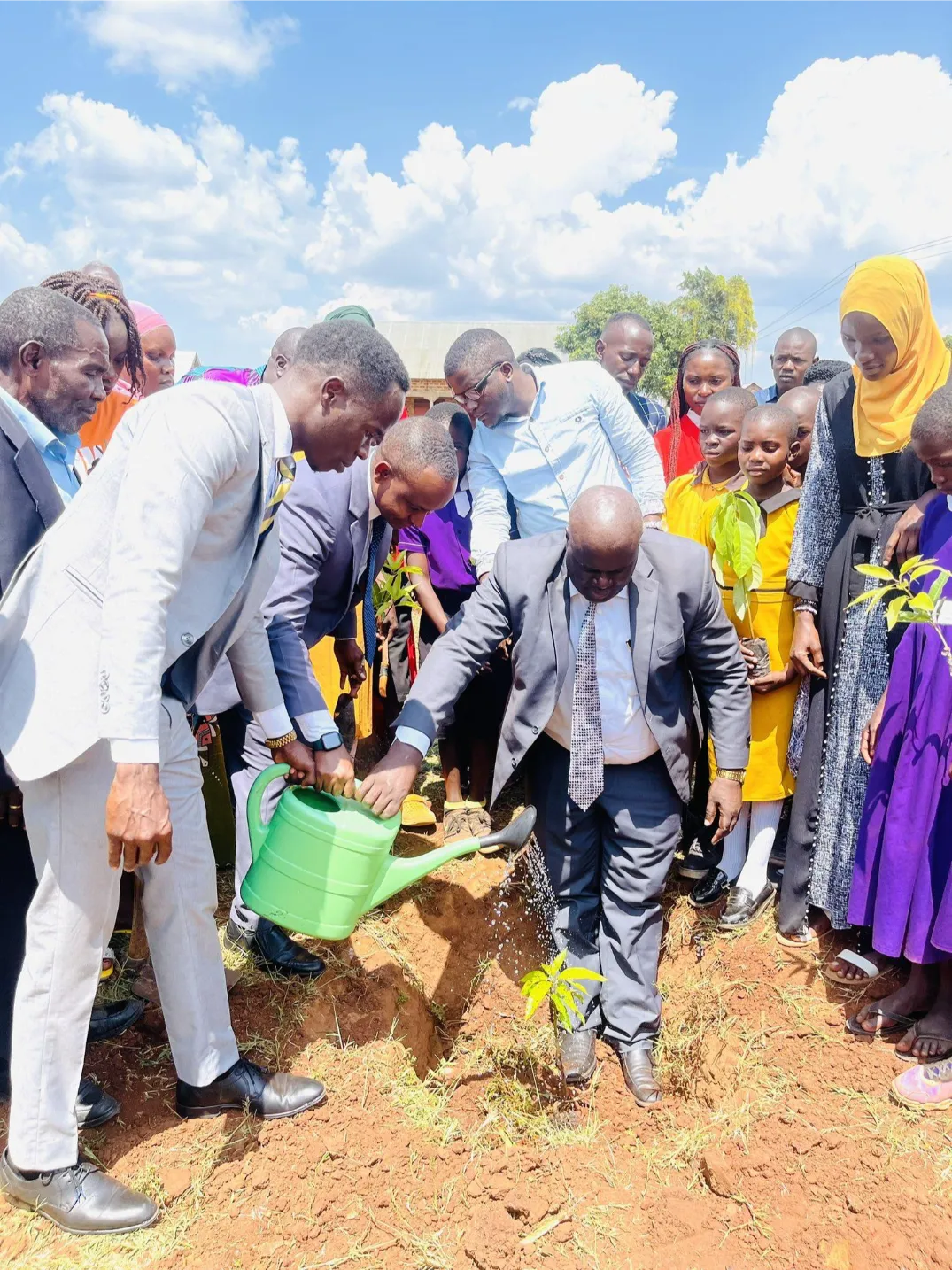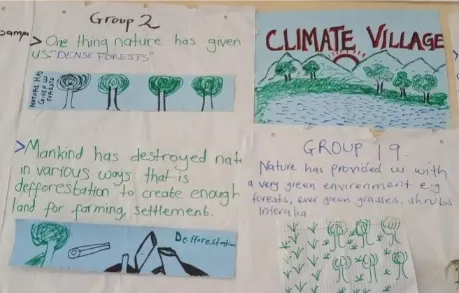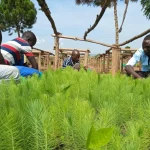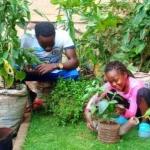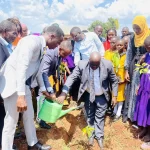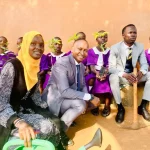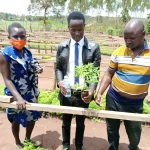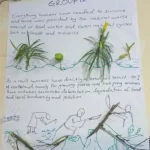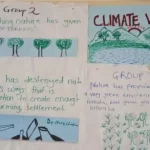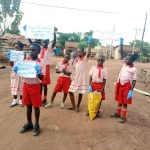Teacher: Ivan Samuel Womala

Ivan Samuel Womala
Womala Ivan Samuel is a Double Award-Winning environmentalist with a bachelor’s degree in Ethics and Human Rights from Makerere University. He previously served as a Teaching Fellow at Teach For Uganda for two years teaching children between 8-13 years old in rural underserved communities. He has previously served as a Teach For All African Community Leader and Global Livingston Institute Alumnus. His environmental activism has also been highly celebrated with works featured at COP26. He is a member of the Teach for All Climate Community and a Co-Founder of the Pan African Climate Network which is building a robust Climate Education and Leadership Continental Community to advance actionable contextual climate response practices amongst school communities and Teach For All Africa networks. He currently serves as a Teach For Uganda Recruitment Officer and the Network Climate Education Support Lead.
Usefull links related to the Solution
Overview
This project involved the development of several training programmes for teachers, families, community leaders and other influential stakeholders in the school community. Resources to support these training programmes were also developed. These capacity-building measures led to quality climate change education being delivered in a network of schools in Uganda as well as an improvement in the attitudes towards climate change mitigation in both students and the adults who support those students in their daily lives.
Theory of Change
Uganda already faces many issues caused by climate change including droughts, food insecurity, floods and dry spells. The general population however often have negative attitudes towards engaging in climate change mitigation education and activities; and in schools, there is a knowledge gap and a lack of teaching resources. Through changing student’s everyday behaviours to more sustainable practices longer-term positive behavioural and value benefits can be achieved. On top of this, by taking part in project-based learning, that is locally rooted in community issues, students are empowered to take action on climate change issues that affect them. Crucially the project also builds capacity in key adults associated with the students, leading to the learnt sustainable practices being reinforced at home.
Approach and Actions
The project was developed by Ivan, a former teacher working on climate projects for Teach For Uganda. There were two main approaches that the project used to overcome the negative attitudes and knowledge gap that exists in the students. Firstly, classroom practices were altered to be more sustainable, everyday habits and behaviours in the classroom were redirected to be more climate-conscious and mindful of the community, and sustainable classroom resources were used where possible. Children were also regularly challenged to find innovative methods to incorporate more sustainable ideas into their lives.
Impact
Secondly, a bigger-picture approach was also taken. This involved using project-based learning to engage students in solving local climate change issues which affect the community. Community and family education programmes were also integral to this side of the approach so that caregivers and other influential adults who interact with the students are supportive of their learning and the climate-focused values that were developed. Therefore, when the student’s projects produce positive outcomes the learning of the whole community was reinforced.
